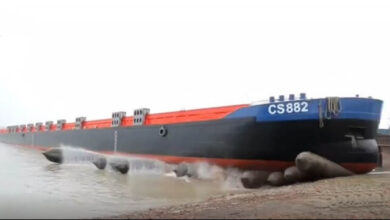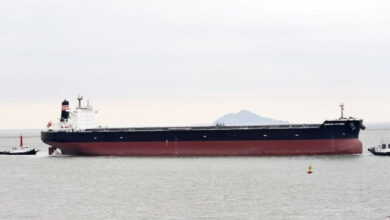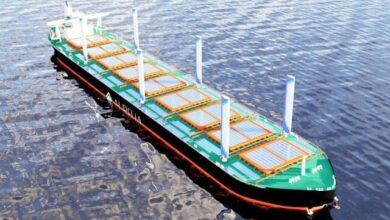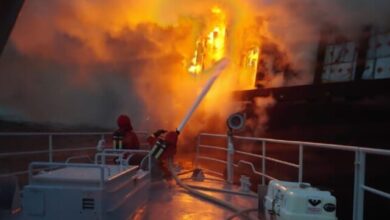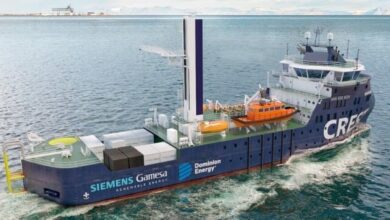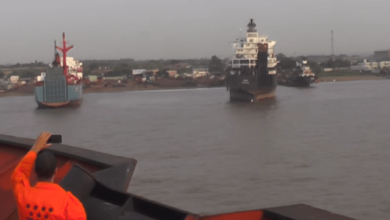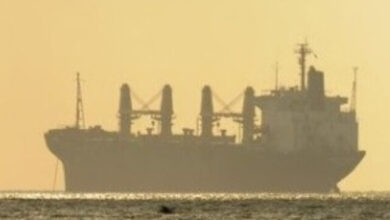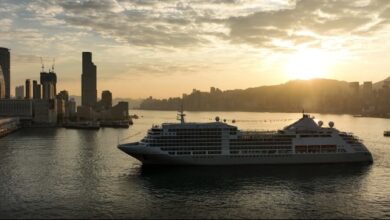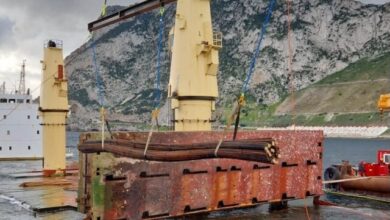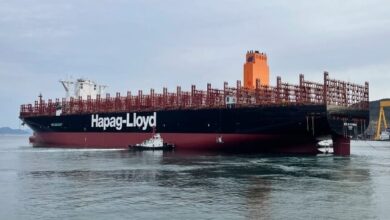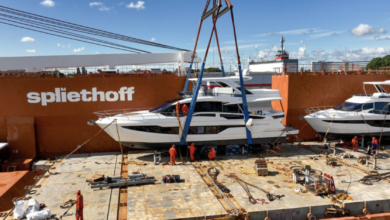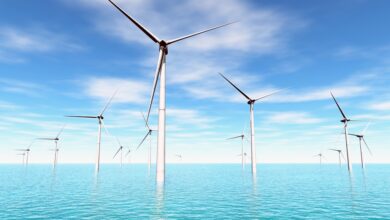Marek Grzybowski write to ” eBlue Economy” : Space and sea—at the meeting point of the horizon
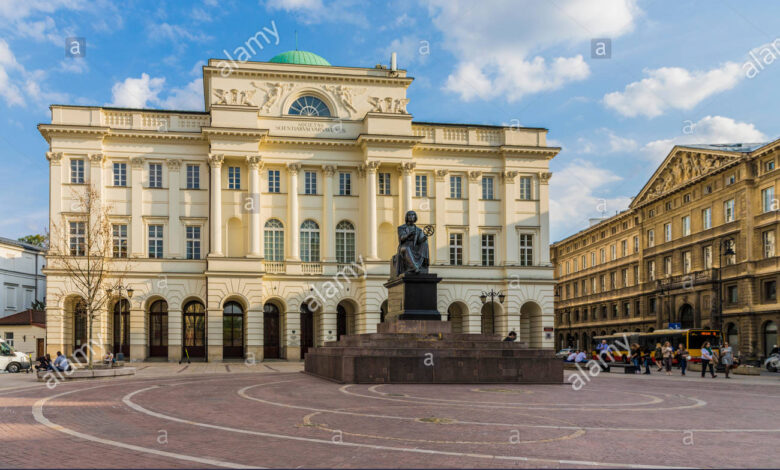
By : Marek Grzybowski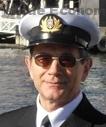
The meeting of the Space Sciences Commission at the Gdańsk Branch of the Polish Academy of Sciences was held in September this year. The meeting was chaired by prof. Edmund Wittbrodt, and was co-chaired by prof. Zdzisław Brodecki. Three years of operation have been summarized. New members were appointed. A medical section and new vice-presidents have been established.
The meeting of the Space Sciences Commission was attended by prof. Grzegorz Węgrzyn, President of the Gdańsk Branch of the Polish Academy of Sciences, Chairman of the Polish Council of Scientific Excellence. “The Space Sciences Commission is one of the most active scientific commissions of the Gdańsk Branch of the Polish Academy of Sciences.
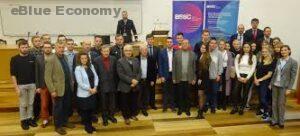
The scientific activity of the Commission and its close ties with practice are noticeable and appreciated,” said Professor Węgrzyn. The President of the Gdańsk Branch of the Polish Academy of Sciences thanked the professors for the active development of space sciences in many scientific fields. Openness and interdisciplinarity is a distinctive feature of the Committee on Space Science
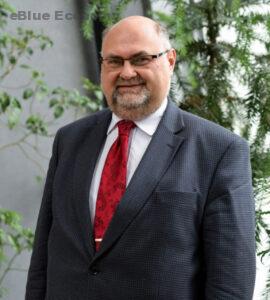
The Commission has been operating for over 3 years, and has been cooperating with the Baltic Sea and Space Cluster for over 2 years. Knowledge transfer between science and practice as well as an interdisciplinary approach to space research and maritime economy is an important area of activity.
The transfer of knowledge is visible in the practical activities of the Commission and in the topics, participants and organizers of scientific conferences. One of the topic was a discussion about the philosophy of space and the use of information from satellites to monitor the sea. Scientists and business representatives talked about the economic aspects of the use of space technologies and maritime industries.
The use of space and information technologies in ports, the development of autonomous ships and the use of marine and underwater drones were presented from the point of view of science and business. Young scientists, students and startups shred their original ideas and solutions. “During the 3 years of the Commission’s operation, a series of unique scientific conferences has been organized with the participation of practitioners, students from research clubs, young scientists and representatives of startups”, said Professor Wittbrodt.
Let us emphasize that conferences like this are not organized by any other research center or cluster in the European Union. The activities of the scientific community interested in the development of space technologies and maritime economy, space law as well as economic sciences and management related to the development of various fields and scientific disciplines in Pomerania in a very short time were integrated.
The combination of science and business forces, experience with the energy of young scientists and students contributed to the development of knowledge about space and marine technologies, and to knowledge transfer.
The idea of integrating the activities of the Commission and the Cluster was born during the conference “Space and the sea—at the meeting point of the horizon” (https://www.iopan.pl/KNK2018/) at the Institute of Oceanology of the Polish Academy of Sciences. The idea of cooperation in science and maritime and space business was born on the initiative of 3 professors: Zdzisław Brodecki, Edmund Wittbrodt and Marek Grzybowski, President of the Board of the Polish Maritime Cluster.
The idea was quickly transformed into a new organization: the Baltic Sea and Space Cluster. “With this formula, we broke the traditional approach to the integration of industries and science with practice. Because the world combines the aviation and space industries, while we combine knowledge and business in the maritime and space areas,” said Professor Brodecki commenting on the creation of a new type of a cluster. “We undertake an initiative that is unique on a global scale and that perfectly supports the activity of Pomerania,” said Professor Wittbrodt at the founding meeting of the Baltic Sea & Space Cluster (http://polishscience.pl/pl/powstal-baltycki–klaster-morski-i-kosmiczny/).
The partnership of the Space Sciences Commission of the Polish Academy of Sciences with the Baltic Sea and Space Cluster has resulted in international projects. Knowledge transfer between universities and the space and maritime industries has developed at the national and international level. Representatives of such universities like the Naval Academy, the University of Gdańsk, the Gdańsk University of Technology, and the University of Administration and Business have actively participated in these activities. The contribution of the research workers of the Institute of Oceanology of the Polish Academy of Sciences is very large.
They brought a strong potential of knowledge about the use of space in sea research to the activities of the Commission and the Cluster. The participation of business representatives, members of the Baltic Sea and Space Cluster is very important. Among them are: Pomeranian Special Economic Zone, Gdynia and Gdańsk Sea Port Authorities, Nauta Shipyard and Crist Shipyard, Hydromega and Cador Consulting, Marine Technology and Sea Data, Echogram and Sevenet.
The representatives of the Port of Hamburg, Hutchison Ports and ICTSI contributed a lot of knowledge during conferences and B2B meetings. A unique activity in the field of education of engineers is the intercollegiate studies of the 2nd degree Space and Satellite Technologies, which initiated and successfully develops the Naval Academy, Maritime University and Gdańsk University of Technology.
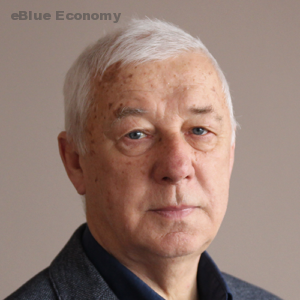
Professor Zdzisław Brodecki proposed new actions and development of the organization of the Commission. “If we want to achieve progress in the development of science and support young scientists in taking up new challenges, we should take non-standard actions,” said Professor Brodecki. Professor Zdzisław Brodecki took the initiative to launch the Baltic Scientific Seminar. Its task will be to support young scientists in conducting research in an international environment.
Professor Brodecki proposed that the vice-chairman of the Commission for cooperation with practice should be Professor Marek Grzybowski, and for science Professor Maciej Nyka. Professor Wittbrodt proposed to create a medical section. Its chairman was Professor Marcin Dornowski. “In space research, the knowledge of political science should also be applied,” said Professor Agnieszka Bogadał-Brzezińska from the University of Warsaw.
The activities of students and young scientists should be used in the development of space and sea sciences, said Adam Labuhn, chairman of the Student Space and Maritime Cluster WSAiB. Proof of their potential is constructive participation in scientific conferences organized by the Commission of Science and Space Cluster Baltic Sea and Space.
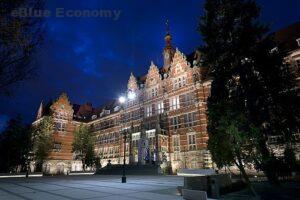
Young scientists and students are strongly represented at each conference, and their papers and presentations are always of a high professional level. So it will be at the next conference Smart Port, which will take place on 24 September in WSAiB in Gdynia and will be available for Internet connections (https://smartport.wsaib.pl/).
“The strong position of the Baltic Sea and Space Cluster resulted in the Cluster being invited to international projects with a high degree of innovation,” informed Professor Marek Grzybowski of the Commission participants.
The cluster entered three new international projects in 2020. The cluster was invited by Aerospace Valley and Le Pôle Mer Méditerranée to participate in the GALATEA project implemented under Horizon 2020. Center for Technology Transfer LLC from Croatia and ÅKP from Norway invited the Cluster to the project Strengthening Transnational Co-operation, Knowledge and Technology Transfer in Development of Electric Vessels and Fostering Innovations in SMEs. Partners from Spain and Greece invited the Cluster to participate in the project from the Erazmus + Program. Lazio Innova S.p.A. and AviaSpace Bremen e.V. invited the Baltic Sea and Space Cluster to SpaceUp Consortium.
They appreciated the high level of scientific and innovative potential Cluster BSSC. One of the goals of SpaceUp is to establish six European Space Academies in the European Union, including one in Poland. “The Space Sciences Commission of the Polish Academy of Sciences, Gdańsk Branch, has good conditions and potential for the development of science and cooperation with practice on an international scale,” said Professor Edmund Wittbrodt, summarizing the achievements of the Commission.
Zdjęcia: Marek Grzybowski, Adam Labuhn


